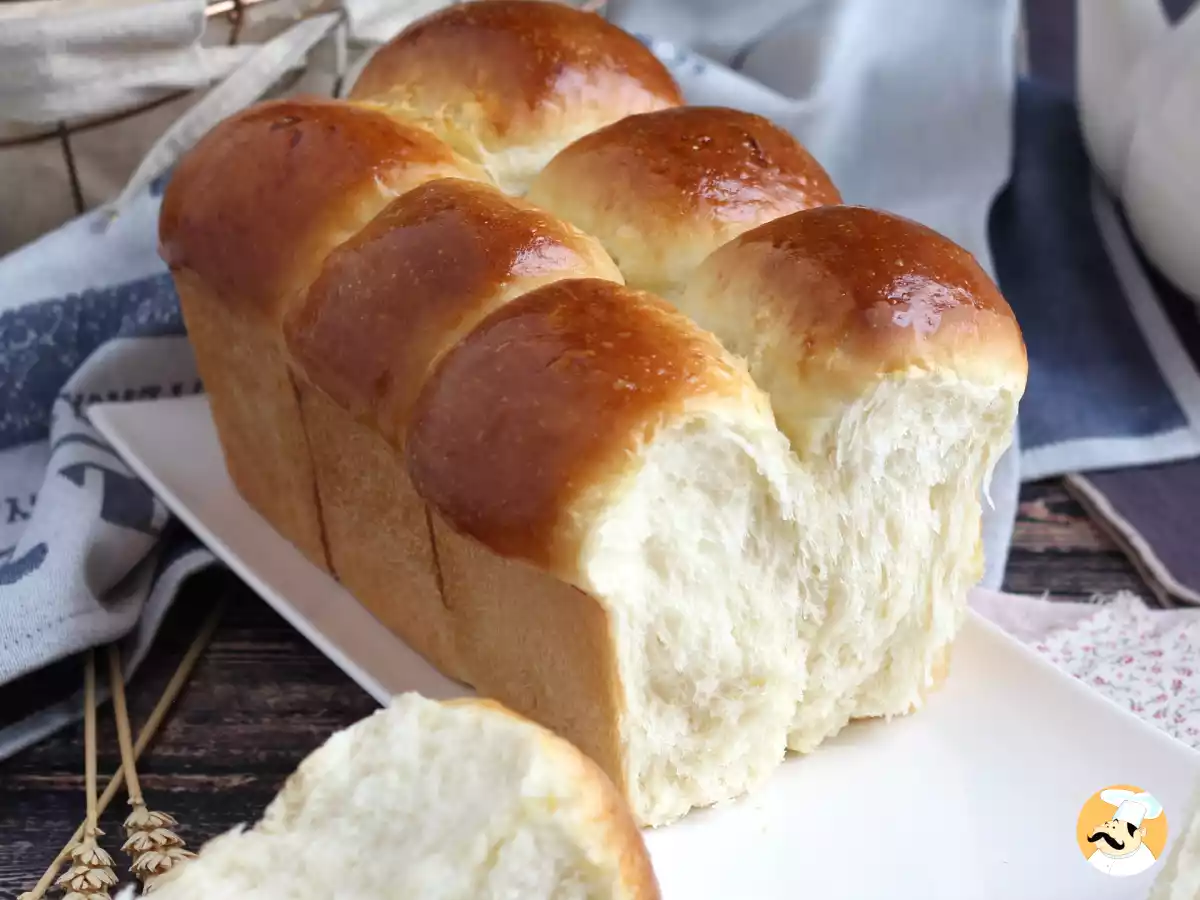Strong flour: properties, uses, how to recognize it and essential recipes

We have seen a brioche recipe that looks incredible. The recipe seems clear, we started to prepare it, we followed the explanation to the letter, but the result was a disaster. We were expecting a fluffy brioche, with a soft and airy crumb, but it turned out like a brick. What happened? Was the recipe wrong? Did we knead it wrong? Stop asking yourself questions: most probably you did not choose the right flour. But this will not happen to you again after reading this article, where we will try to clarify what strong flour is, what to use it for, how to use it correctly and we will give you a complete list of recipes that you can prepare with it.
What is strong flour?
Strong flour is a type of flour made from common wheat. Its main characteristic is that it has a high level of protein, especially gluten. This feature makes it an ideal choice for doughs made with very heavy ingredients (eggs, butter or lots of sugar) and long fermentation, which require elasticity and resistance. Let's say that gluten acts as a net that provides elasticity, allows the doughs to better retain the gas from fermentation and, therefore, allows the doughs to rise without losing their shape.
How do I know if my flour is strong?
To check how strong a flour is, it is necessary to look at its strength index, indicated by a W. The higher the W, the higher the strength. Common strength flours have values between W 200 and 300, and higher than 300 in the case of high-strength flours such as Manitoba.
Another way to roughly identify a high-strength flour is to look at the percentage of protein indicated on the package. This percentage is directly related to the amount of gluten in the flour. The higher the protein, the higher the strength.
However, the protein content is not an absolute indicator, as the quality of the gluten also plays a role. If you are looking for total accuracy, consult both measures (protein and W) when possible.
When to use strong flour and what for?
This type of flour (strong or high strength) is used in preparations containing large quantities of sugar, butter, eggs or nuts: heavy ingredients that need a very resistant gluten for the dough to rise properly. For example: brioches, Epiphany brioche, panettones, Swiss rolls....
What about bread? Can bread be made with strong flour? Many people use it because it is easier to make bread rise: the dough is less sticky and its strength compensates for a bad kneading. However, this type of flour produces a harder and coarser crust compared to a bread flour, which has less strength but produces a bread with a more balanced texture.
Difference with other flours
Loose flour or pastry flour:
- Protein: 7-9%.
- Strength: W < 160
- Use: Ideal for sweet doughs that use Royal type chemical yeast, such as sponge cakes, cookies, muffins or to make a homemade shortcrust pastry or shortcrust pastry.
Baker's flour:
- Protein: 10-11.5%
- Strength: W 160-250
- Use: Medium strength, it is suitable for common breads and light doughs, which do not require long fermentations. It offers a good combination of elasticity and extensibility.
Strength flour:
- Protein: 12-13.5%.
- Strength: W > 250
- Use: High in gluten, perfect for enriched doughs (with a lot of sugar, eggs or butter) and long fermentations. Examples: roscón de Reyes, brioche, milk buns, panettones...
Tips for the use of strong flour
- Hydration: Strong flour absorbs more water than loose flours, which favors more hydrated and elastic doughs.
- Kneading: These doughs require good kneading, which is essential to develop the gluten correctly, achieving an elastic mesh that retains fermentation gases.
- Resting: Long fermentations improve both the texture and flavor of the doughs.
Time to put on your apron
Now that you know all the secrets of strong flour, its properties, when to use it and what you can prepare with it, it's time to get down to work. This flour is perfect to give life to spongy doughs, artisan breads and traditional sweets that will conquer your family and friends. Dare to bake and enjoy the pleasure of baking!

Chinese brioche filled with vanilla custard and chocolate chips

Chocolate hazelnut babka brioche

Ultra soft and fluffy brioche

Comments